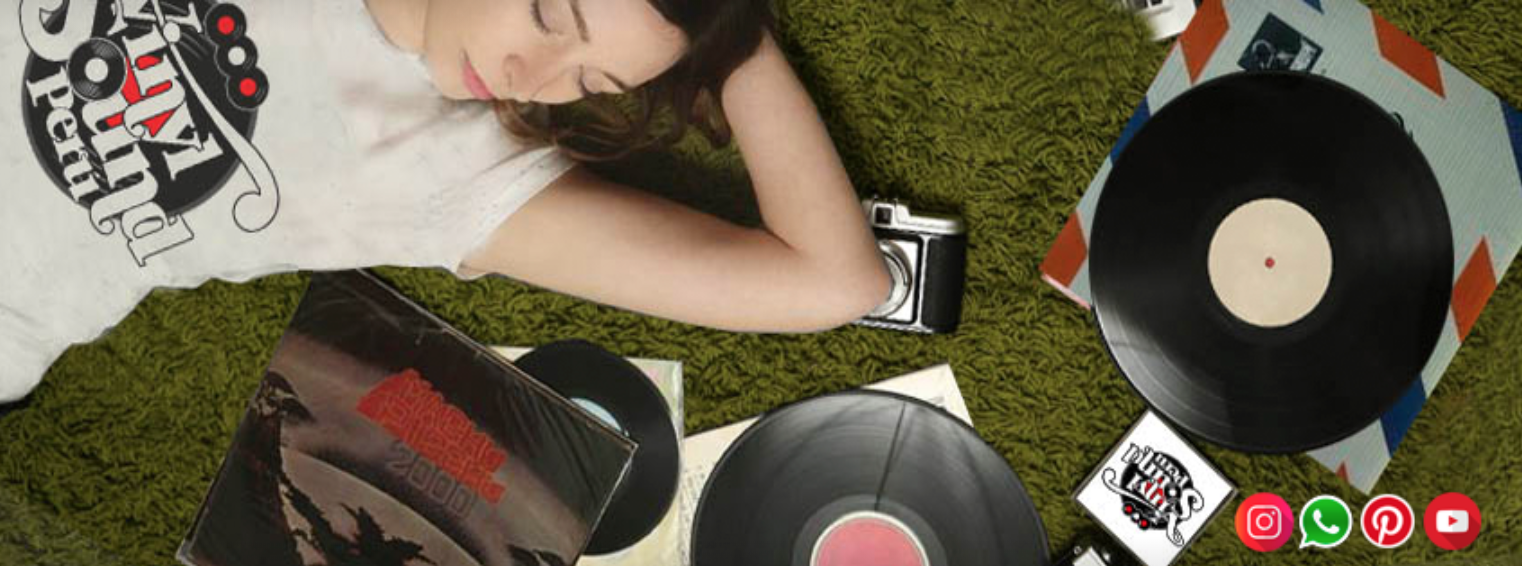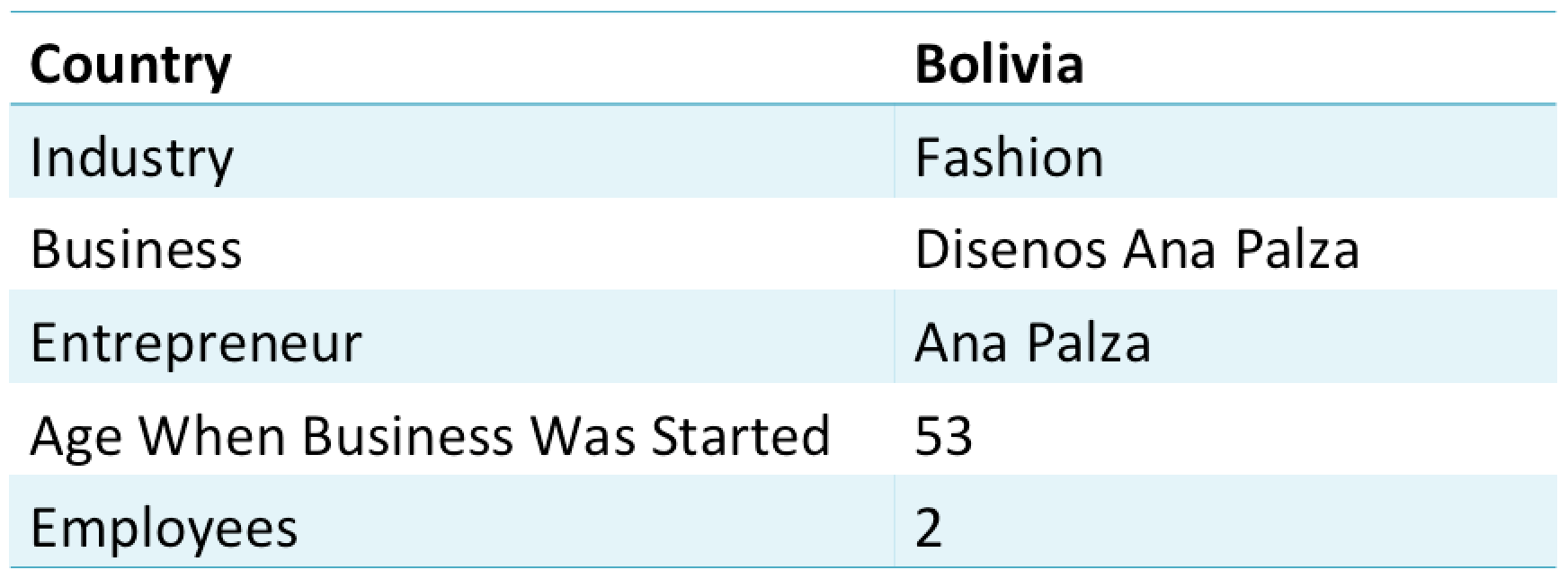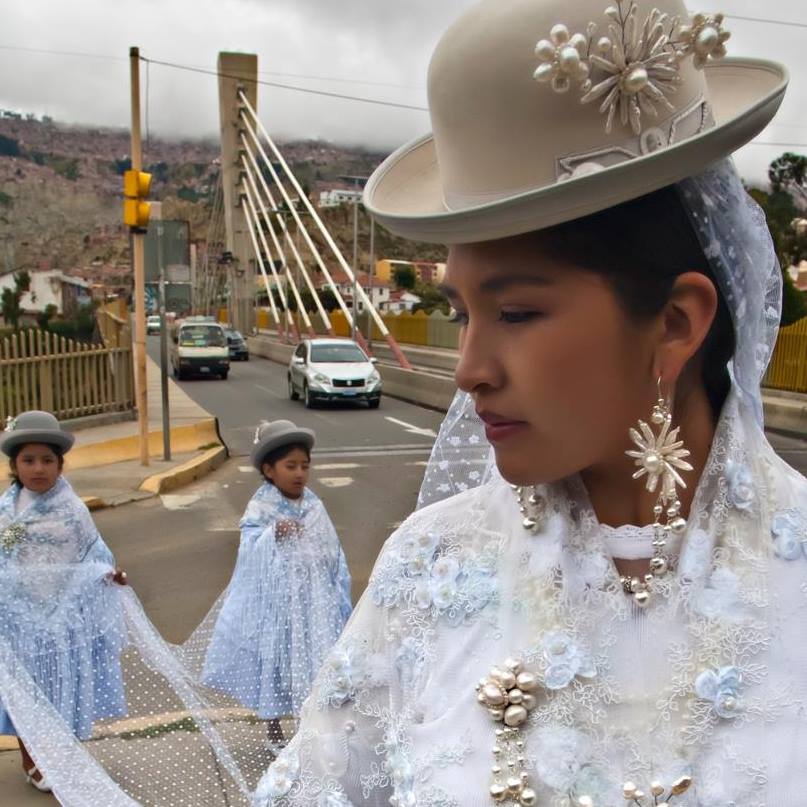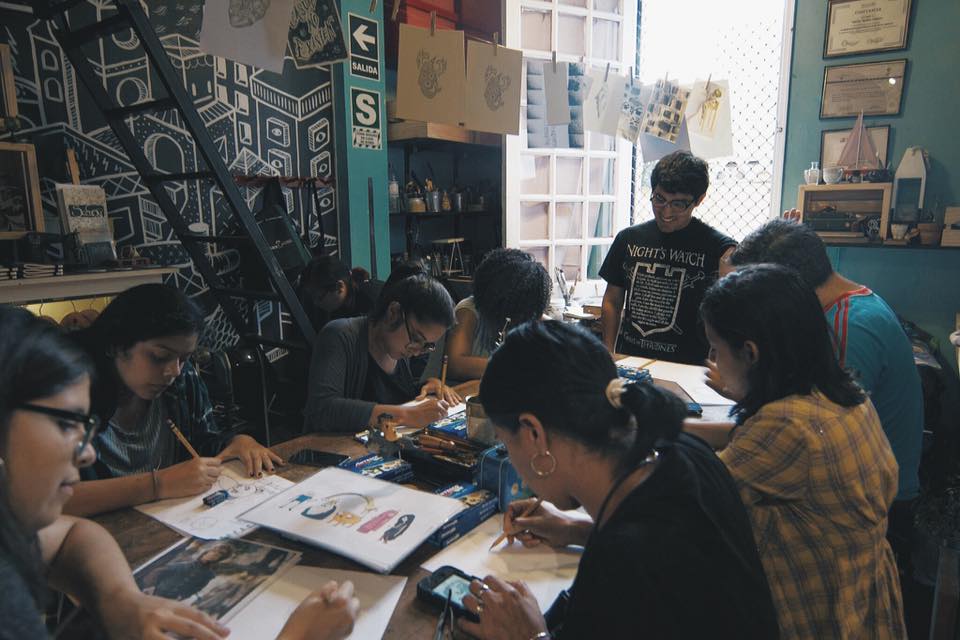“My father and uncle had the inspiration for this brewery,” says Andres of Barranco Beer Company. “A love for beer was always in the family. Some kids grow up having a small glass of wine for Christmas with their parents, I grew up with beer,”
Andres’ grandfather worked for the national beer company, Compañía Nacional de Cerveza, owner of Pilsen Callao. It was also the only true Peruvian option in beer at the time. “The problem was that Peruvian Beer just wasn’t that good. My father and Uncle understood that and wanted to work to make it better. They decided to go into business together and asked me to help them brew.”
At first, Barranco Beer Company was designed as a brewery only and the family had no intentions of opening it as a restaurant. They purchased the property and equipment and started testing brews while waiting for government approval to officially open up shop. “But the government wouldn’t let us open.” They didn’t want another alcohol-oriented business in the area.
Too late, Andres and his family already had the brewing equipment, bar and beer ready to go. “So we started the business anyways,” admits Andres with a chuckle. “We shoved all the tanks and supplies in the back of the shop and covered them up until evening. Then we secretly invited the community over for drinks.”
Unfortunately, Barranco Beer Company hasn’t been our only Peruvian business to start up without an official license. The government’s bureaucratic process is lengthy and our entrepreneurs complain that its holding start ups back from opening.
Eventually, the government and the Leferve family came to an agreement. Barranco Beer Company opened as a restaurant and brewery as opposed to an alcohol-only establishment.
Right off the bat, Barranco Beer Company was a success and reeled in a large following of locals and tourists. “But, I wasn’t happy with the beer we were serving,” admits Andres. “I wanted to serve the craft beer styles I loved in The States.”
Despite traditional attitudes that light lager, Pisco and Rum were the only alcohols of import, Andres instinctively believed that Peruvian culture, which prides itself on fine food, would mesh well with craft beer. “Peruvians have such an amazing palate,” says Andres. “I knew that Peruvian pride in food could translate to beer.”
Barranco Beer Company's investors weren't convinced and initially voted against craft beers. Without permission (A common trend?), Andres began releasing a different craft beer every month. Each beer was created with local ingredients like algarrobina, ginger, Peruvian cacao nibs and honey harvested from high altitudes in Cusco.
The craft beers were a hit and investors soon warmed up to the concept.
Andres believes that South America is going to be the next leader in craft beers. “Samuel Adams was a huge inspiration for me. They were the first to introduce craft beer to The States on a large scale.”
The climate faced by Jim Koch when he started Samuel Adams Boston Beer in 1984, was similar to the one faced by Andres two years ago in Lima. For Koch, with only pale lagers from mass-market brewers as an option, he understood that America needed a better brew.
While traditionally only the National Beer Company manufactured beer in Peru, Andres and new microbrewers in Lima and Arequipa are brewing a craft beer revolution. “Peru went from a culture of anti Pale Ale to a culture that loves it. It’s a huge first step for beer. I would love to do for Peru, what Samuel Adams did for American craft beer.”
When we talked to Andres he was only in year two of running Barranco Beer Company, but has seen great success to date. He is now selling his craft brewed beer all over Lima and is getting requests from Cusco, Arequipa and other large Peruvian cities.
Andres credits his success to taking a big initial risk by incorporating American style craft beer in Peru. “Many other ideas, cultures and concepts from The States could be very successful here in Latin America, you just need to find the one that clicks.”























